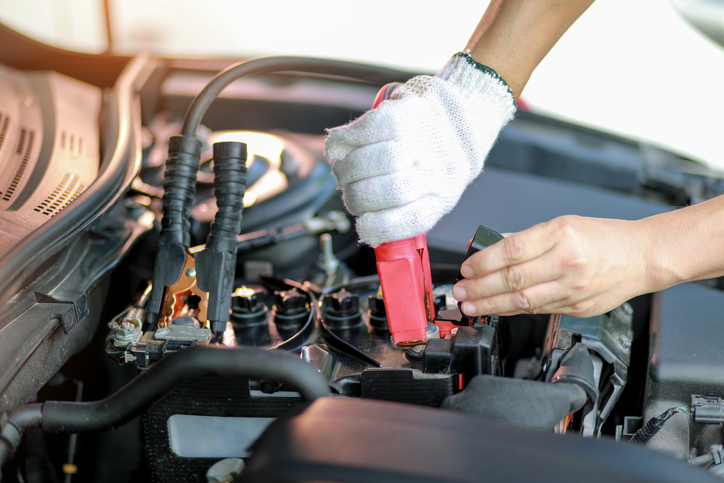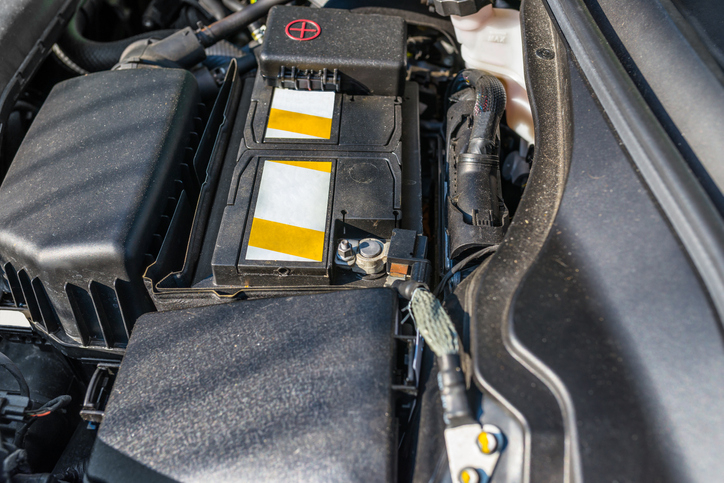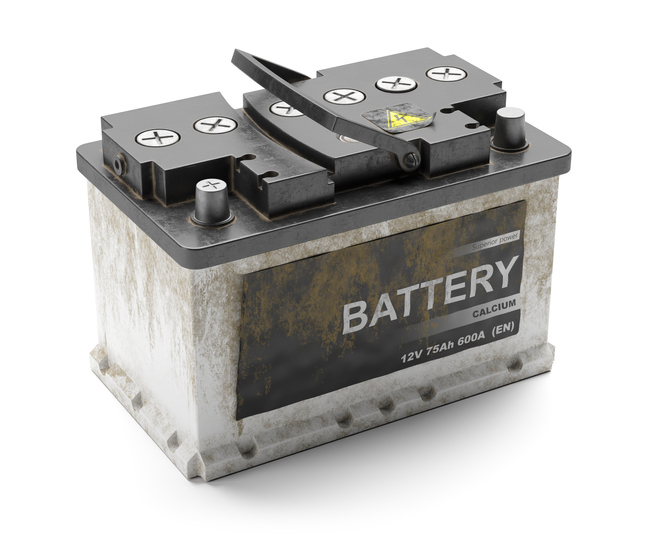Looking to Become an Auto Mechanic? 4 Reasons Why a Client’s Car Battery Won’t Charge

In any vehicle, the battery is responsible for powering the starter to switch on the engine, in addition to supplying power to the car’s electricity-dependent components. While automotive technology has advanced significantly over the years, the manner in which a vehicle’s battery charges has largely gone unchanged. Batteries get their charge when the engine is running, using the mechanical power that the alternator converts into electrical power and delivers to the battery. This electrical power charges the battery and enables it to supply power to the audio and navigation system, interior and exterior lights, and other accessories.
If you’re considering a career as an automotive mechanic, it’s likely that you’ll be stumped by more than a few batteries with charging issues. There are a few different causes of battery charging problems, and familiarizing yourself with these issues can help you better assist customers.
Read on to discover four common reasons behind a battery that just won’t charge!
1. If You Want to Become an Auto Mechanic, Check the Battery Connections
A car battery is equipped with two different cables: one that connects to the alternator, and another that attaches to the body of the vehicle. Due to vibrations from the engine, these connections may loosen over time. In older vehicles, these connections can also become corroded. If these cables are loose or corroded, the electrical contact between the battery and the alternator can be negatively affected, preventing the battery from getting enough charge. If you want to become an auto mechanic, it’s worth checking the battery connections if a vehicle’s battery is having problems charging. In most cases, these connections can be cleaned or tightened to quickly resolve the issue.

2. It Might Be Down to the Alternator
When the battery appears to be in good working condition, the source of the charging problem could be the alternator. The alternator supplies power to the battery, but when it’s dying or broken, the battery may lose its charge too quickly or not receive any charge at all. During your auto mechanic career, you can check the condition of the alternator by connecting a voltmeter. If the reading is below 14 volts, the alternator isn’t delivering enough power to the battery and should be replaced or fixed.
3. The Battery Itself May Be the Culprit
Just like anything, car batteries age. Unfortunately, an older battery might not hold a charge anymore, especially if it’s been in use for longer than four years. Batteries can become corroded, cracked and leaky, resulting in a reduced ability to hold a charge and facilitate electrical connectivity. As you may learn in automotive courses, it’s important to take a look at the battery itself if it consistently has problems holding a charge. If it appears damaged, replacing the battery might be the best solution to get a vehicle up and running again.

4. Other Devices Could Be Draining the Battery
Car batteries deliver power to many accessories in a vehicle, including security systems, the radio, lighting, and more. While the devices that a vehicle is originally equipped with won’t drain the battery when the engine is turned off (unless the headlights are left on, or a door is left open), after-market devices might. As examples, if a driver has fitted their car with an external Bluetooth kit or third-party security system, these devices might be causing the battery to drain if they don’t power off correctly when a vehicle turns off. Check the wiring on any additional accessories to determine whether they’re sourcing an abnormal amount of power from the battery.
Exploring mechanic schools in Canada?
Get the training you need with a program at ATC Cambridge!

